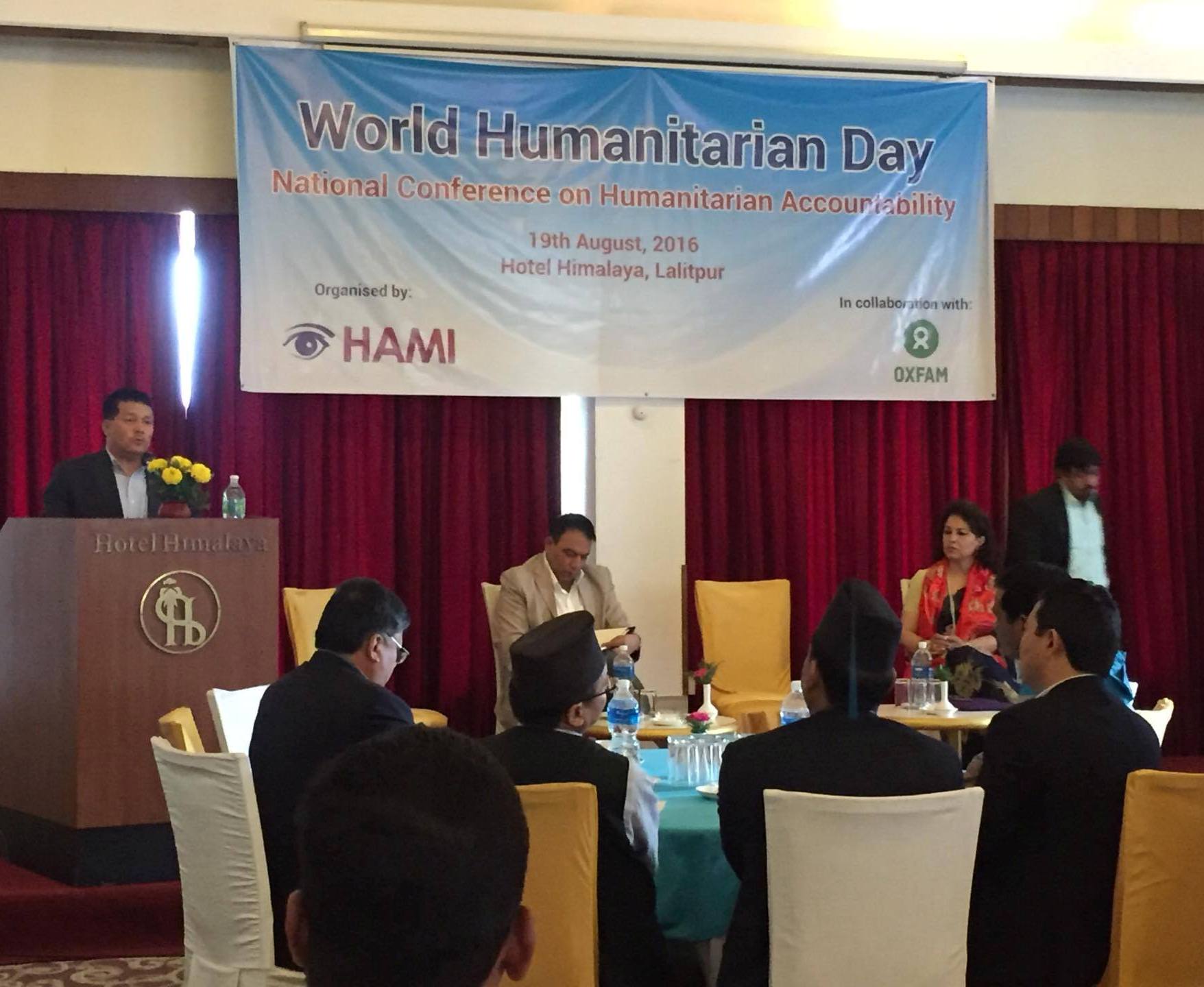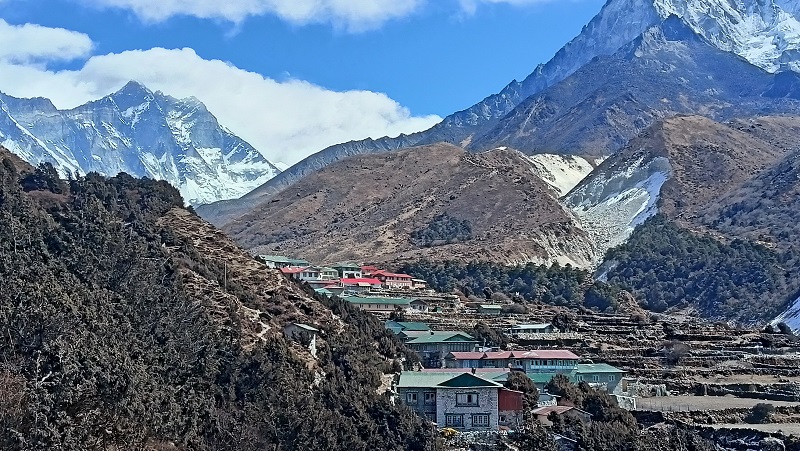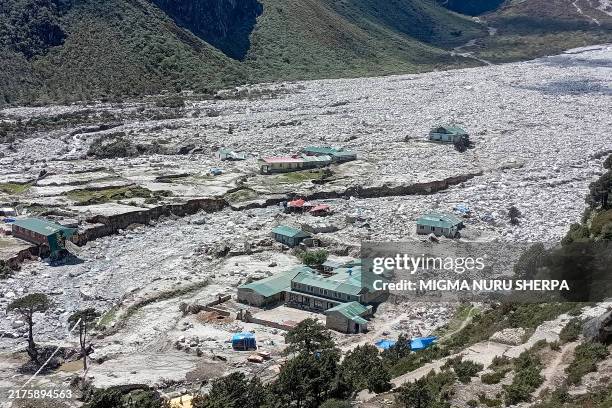Disaster victims continue to face multi challenges
- Nature Khabar


Bimala Devi Yadav of Sunsari is a survivor of 2008 Koshi flood whose fertile land was turned into a river bank. She cannot grow paddy anymore as her land got silted and has become unproductive. Saha Bahadur Khadka, 68, from Surkhet survived the 2014 floods by hanging on to the branches of a tree for two days. Two years since the floods, he is still living in Girighar temporary camp, Surkhet with 7 family members in the middle of jungle. Ram Kaji Shrestha (72) and Ganesh Maya Shrestha (63) of Barhabhise, Sindhupalchowk survived three major disasters- landslides, earthquake and floods in the span of two years. They lost their only son in the earthquake last year and the Bhotekoshi flood this year swept away their land and their newly constructed house, which built after the earthquake. They are now living in rented rooms and waiting for the government support.
Disaster survivors in Nepal continue to suffer and dream of a dignified life as the world celebrates the World Humanitarian Day today. According to a report, Life After Devastation: Findings from the Ground launched by HAMI (Humanitarian Accountability Monitoring Initiative) and Oxfam in Nepal, on the occasion of the World Humanitarian Day, people affected by disasters as old as the Koshi Floods of 2008, are found to be living in temporary shelters where they have challenges maintaining basic standard of life and suffer from different illnesses.
Tens of thousands of survivors are still struggling to rebuild their houses destroyed by the April 25 earthquake of 2015 due to government’s delay in releasing aid. Cecilia Keizer, Country Director Oxfam in Nepal says," The recovery and rehabilitation of the survivors must focus on short-term and long-term support so that they can get back to normalcy as early as possible."
The report Life After Devastation is a compilation of about a dozen case studies of flood, landslide, and earthquake survivors from nine districts—Banke, Bardiya, Dolakha, Nuwakot, Rasuwa, Sunsari, Saptari, Sindhupalchowk and Surkhet—who survived 2008 Koshi flood, mid –western floods in 2014, Jure land slide in 2014 and Gorkha Earthquake of2015.
On the occasion, HAMI and Oxfam organized a national conference on World Humanitarian Day in Kathmandu. At the function, Sushil Gyawali, chief executive of the National Reconstruction Authority (NRA), stressed on the need of immediate enactment of Disaster Bill pending at the parliament for long. Gyewali addressing at the conference Said , “Disaster Bill pending at the parliament should be enacted shortly and it is time to transform the existing National Reconstruction Authority as an mechanism to handle overall disasters ." Since NRA, the body responsible for post-earthquake reconstruction, lacks mandate to rebuild villages destroyed by disasters like floods and landslides people displaced in Koshi and Surkhet floods are left homeless for years.
The flood and landslide victims attending the conference said government’s negligence in providing relief to the victims has left most of the victims in a serious crisis. According to Bal Bahadur Thapa, an earthquake victim of Surkhet flood told," District Administration Office had identified 930 as flood victims in Surkhet. Of them, only 520 have received government announced relief while others are still awaiting government promised relief.Bal informed Jivan Gandharva and an elderly woman had already committed suicide returning to their respective houses destroyed by the flood with government’s negligence in releasing aid to 2014’s Surkhet flood victims.
Bandana Rana, an expert member at the United Nation’s Committee on the Elimination of Discrimination against Women, urged the government and non-governmental organizations to make Nepal’s post-disaster reconstruction process a success by incorporating maximum numbers of women in recovery process and addressing their priorities.
Min Bahadur Shahi, Convener of HAMI says,"In few cases, it was found that children dropped out from school to share the burden to earn extra income for the family."Keizer added ,"Nepal must enact Disaster Management bill that protects the rights of disaster survivors and ensure proper recovery, reconstruction and rehabilitation."
Oxfam has been working in Nepal for the last three decades. Since 2010, it started its Disaster Risk Reduction Programme that helps people prepare for disasters like earthquake. Oxfam and its partners have established many stockpiling centers with items that will be required immediately after a large-scale disaster like earthquake





Feedback